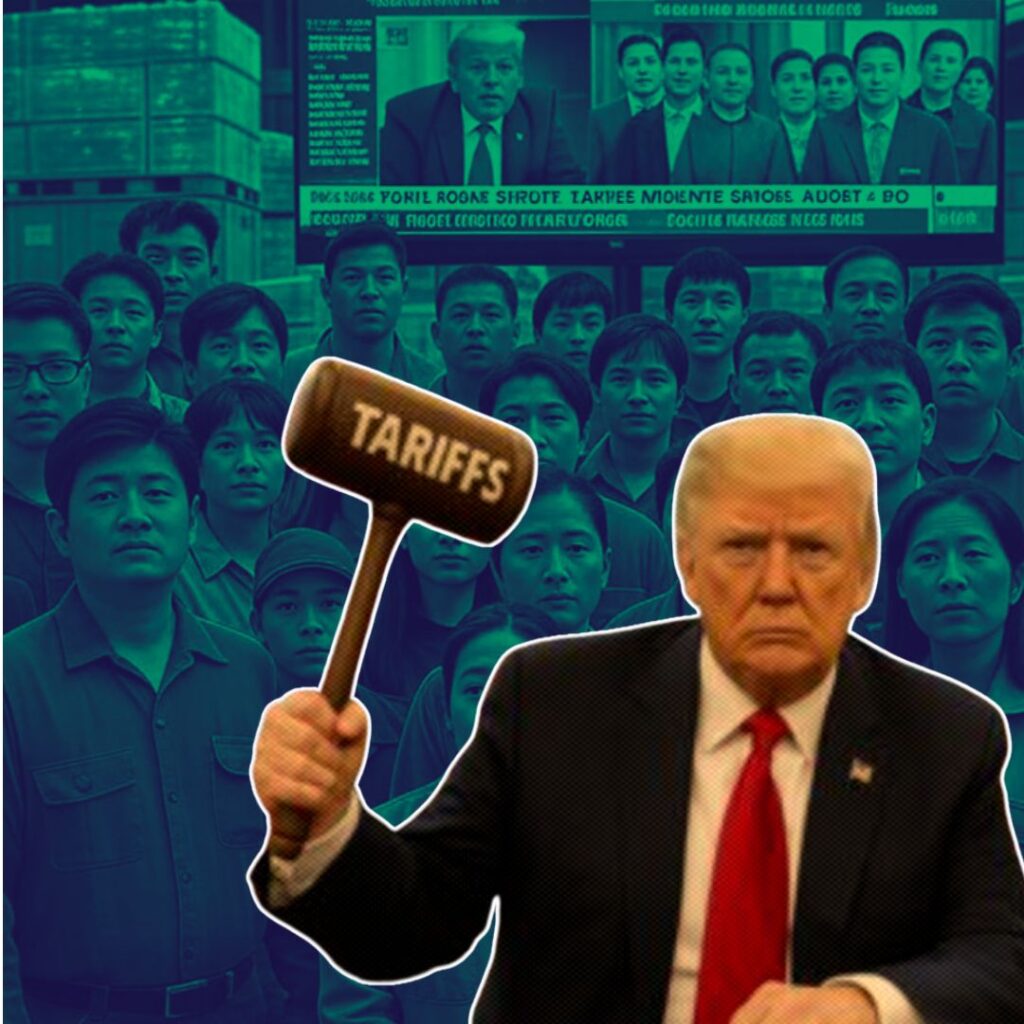Recently in July 2016 an arbitral tribunal constituted under United Nations Convention on the Laws of Sea (UNCLOS) ruled in favour of the Philippines at the Permanent Court of Arbitration at The Hague. China immediately criticised the ruling claiming that the court has no jurisdiction over the dispute. China prefers resolving the dispute through bilateral negotiations. When settled bilaterally due to its sheer size and power compared to other disputants it would have a diplomatic advantage.
Though China is not legally bound by the verdict, the tension surrounding it was evident at the recent ASEAN Summit. Though ASEAN leaders played down the issue surrounding South China Sea(SCS), it is widely believed that it was done under the diplomatic pressure of China.
Current India’s stand In the wake of the ruling by the international arbitration tribunal in favour of Philippines, India urged all parties concerned to respect International Law (meaning it wanted China to accept the verdict).
In a joint statement issued during Second India-US Strategic and Commercial Dialogue, the two sides stressed the importance of maintaining freedom of navigation, freedom of overflight, and unimpeded lawful commerce through the region, including the SCS.
India has said that its official position on the issue was a principled one deriving from India being a state party to UNCLOS.
Three million square kilometres of South China Sea (SCS) is the maritime heart of South Asia but also highly disputed property. The SCS is partly or wholly claimed by six countries which make resolution of it extremely difficult. Six countries China, Brunei, Vietnam, Malaysia, Philippines and Taiwan are party to the dispute.
Disputes are mainly regarding the sovereignty of The Spratly Islands, Parcel Islands, Scarborough Reef, Pratas Islands, Macclesfield Bank and maritime sea surrounding the islands.
SCS belongs to which country?? The Chinese claim to SCS is based on history. It delineates its claims through famous “nine-dash line” which claims almost entire SCS. Beijing says its right to the area goes back centuries when the Parcel Islands and Spratly Island chain were regarded as integral parts of the Chinese nation and in 1947 it issued a map detailing its claims. It showed the two island groups falling entirely within its territory. Those claims are obviously mirrored by Taiwan.
Vietnam disputes Chinese historical account, saying China has never claimed sovereignty over the islands before the 1940s. Vietnam claims it actively ruled over both the Parcel and the Spratly islands since the 17th century.
The Philippines on the other hand, invokes its geographical proximity to the Spratly Islands as the main basis of its claim. Malaysia and Brunei also lay claim to territory in the SCS that they fall within their Exclusive Economic Zones (EEZ) as defines by UNCLOS – The United Nations Convention on Laws of Sea. Brunei does not claim any of the disputed islands, but Malaysia claims a small number of islands in Spratlys.
Resource as a factor Apart from navigational rights, the resource is the key driver to SCS dispute. The U.S. Geological survey estimated in 2012 that about 12 billion barrel of oil and 160 trillion cubic feet of natural gas might exist as an undiscovered resource in the SCS, excluding the gulf of Thailand and adjacent areas. The Ministry of Geological Resources and Mining of the People’s Republic of China estimate that the SCS may contain 17.7 billion tons of crude oil. The SCS is the largest source of fish, an important foodstock in each of the claimant countries. The fishing industries of each of the disputants include a large number of vessels which travel increasingly farther from their home coasts due to over-fishing in coastal waters. This has led to frequent incidents of harassment of vessels, confiscation of catches and equipment and sometimes imprisonment of fishermen. In 2012 dispute between Philippines and China at Scarborough Shoal began when Philippines coast guard officials boarded Chinese fishing vessels and confiscated illegally obtained shark and coral.
India interest in SCS India has strong interest in keeping sea lanes open in the South China Sea. Almost 55% of India’s trade with Asia-Pacific passes through SCS. Apart from helping securing energy supplies for countries like Japan and South Korea India has unique distinction of shipping oil from Sakhalin to Mangalore through sea routes of this region. Therefore, it is extremely important for India to have access to this region. India’s ONGC Videsh limited is involved in off-shore exploration in SCS belonging to Vietnam (not recognised by China). China on numerous occasions warned India against such exploration. India until today has shown no indication to withdraw and continued to emphasize that its off shore oil explorations are within the territorial waters of Vietnam. With India’s Look East Policy and Act East Policy gaining importance with respect to…











